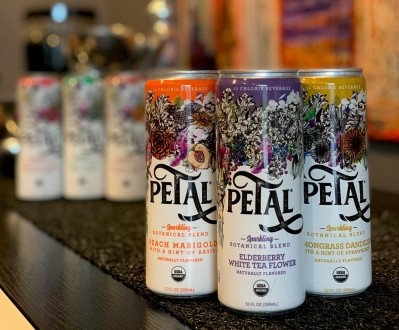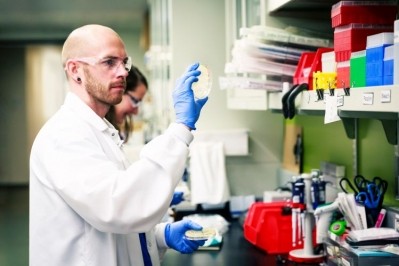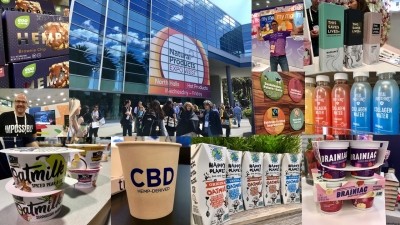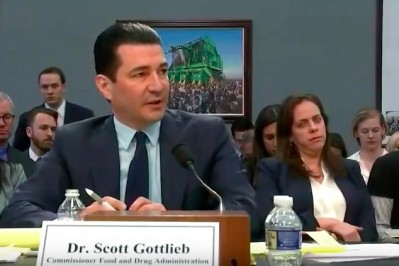Water likely to account for biggest segment of CBD beverages category, predicts Cowen
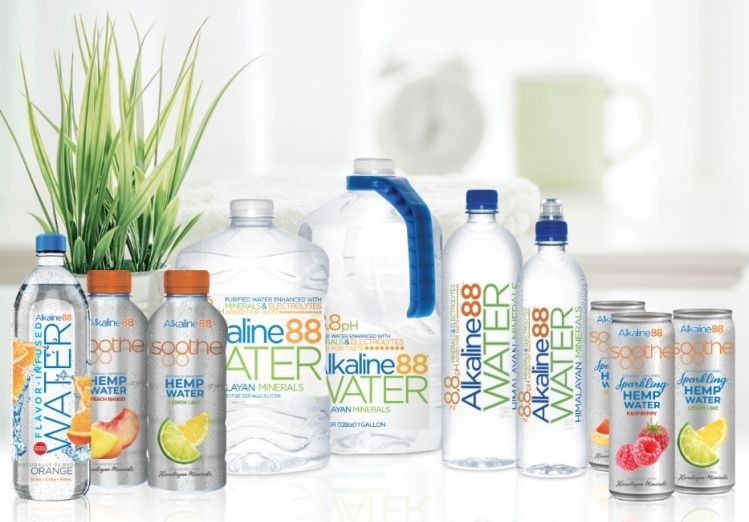
While some stakeholders take any predictions in this market with a hefty pinch of salt given how widely they vary, nearly 7% of 2,500 adults quizzed by Cowen in January 2019 reported using CBD as a supplement, which far exceeded their expectations, according to a report released on February 25.
The most widely used form factor was tinctures (44%) followed by topicals (26%), capsules (22%), other products (21%), and beverages (19%), said Cowen.
“Given robust consumer interest in CBD products, we estimate that over the next two years, the nutraceuticals category (tinctures, capsules, gummies etc) can generate revenues of $2.4bn. Uncertainty around the timing of this revenue ramp reflects a lack of clarity on how quickly retailers, in particular mass market retailers, will begin to stock the products.”
Attorney: ‘The marketing of broad or full spectrum ‘hemp extracts’ rather than isolated CBD does not necessarily insulate a company from FDA enforcement action’
While CBD (cannabidiol) isolates are still off the menu for food, beverage and supplement companies until the FDA lays out a regulatory pathway, some beverage brands are nevertheless actively marketing products containing pure CBD, such as Sweet Reason, which says that “pure CBD isolate creates a consistent, high quality product every single time.”
Most brands, however, are navigating the regulatory minefield by using full or broad spectrum hemp extracts (which contain other cannabinoid as well as CBD, plus terpenes and other substances), with some choosing to use the word ‘CBD’ or ‘CBD-infused’ on the label, and others not.
However, “the marketing of broad or full spectrum ‘hemp extracts’ rather than isolated CBD does not necessarily insulate a company from FDA enforcement action,” Wiley Rein special counsel Brian Sylvester told FoodNavigator-USA.
“This is especially the case if the CBD present in the product exceeds the naturally occurring levels in the hemp plant as a result of the manufacturing process.”
When it comes to percentages of CBD that may be present in full or broad spectrum hemp extracts, he added, “This is essentially a gray area. FDA has not expressly opined on the legality of using such extracts in foods or dietary supplements, and so there are no set CBD percentage thresholds as a matter of law or Agency policy that companies may properly rely upon when developing their products.
“But to the extent you are marketing an extract (broad or full spectrum), then the level of CBD should not exceed the naturally occurring levels in the hemp plant as a result of the manufacturing process.
“Setting aside questions surrounding the lawfulness of marketing hemp extracts, if your hemp extract is actually 90% CBD, there is a question of whether you are accurately communicating the product properties and contents to the consumer. Are we talking about an extract that is reflective of its plant source or a heavily processed product that is more akin to a pure isolate?”

The legal pathway ahead for CBD
So when it comes to CBD, what potential steps might we expect from FDA commissioner Dr Scott Gottlieb, who told federal lawmakers last Wednesday that, “If we make a determination that the pathway here is going to be a multi-year regulatory process that could take two, three, four years, I will come back to Congress to have a discussion about whether or not there are other frameworks that could help address this.”
While the FDA may “ultimately choose to undertake rulemaking to authorize the use of CBD in foods and dietary supplements,” said Sylvester, “As an interim action—to facilitate the immediate commercialization of CBD-added products nationwide—FDA could choose to issue a formal policy statement indicating that it will not enforce the prohibition on foods and dietary supplements containing CBD.
“As part of the regulatory conversation around establishing a lawful pathway for CBD, stakeholders and FDA will likely discuss the precise method for establishing safety, i.e., GRAS determination, food additive petition or New Dietary Ingredient Notification (NDIN).”
Infusion Biosciences: We do not standardize our hemp extracts by CBD content
Asked about the hemp extracts used in Alkaline88’s new hemp water (alkaline water +hemp extract +natural flavors), which PR materials for the company state has 10mg of CBD per 500ml serving of alkaline water, Arup Sen PhD, CEO and co-founder at Infusion Biosciences (which supplies the hemp extract used in the beverage) told FoodNavigator-USA:
“We do not standardize our water soluble hemp extracts by CBD content. We do not make any reference, directly or indirectly, to the presence of CBD in extracts we deliver; neither do we imply, directly or indirectly, any effects of CBD that may be present in these novel water soluble hemp extracts. As you know, any implication of CBD content or benefit in any product, other than an approved drug, violates the FDA act.”
“Our Aqueous Phytorecovery Process has been designed to recover all molecules that exist in a water soluble state naturally in the plant - the preparation (called Infuz2O) does not focus on any single molecular species such as CBD.
“Our process uses essentially all parts (excluding the hard stems and roots) of industrial hemp plants… no attempt is made to exclude or fractionate selected plant parts.”
He added: “It would be scientifically premature to speculate that complex physiological activities of hemp extract is mediated by CBD.”
Alkaline88 hemp water
While many consumers are most interested in CBD – because that’s the only cannabinoid apart from THC that most people have heard of (and the one Alkaline88 uses in its communications with the media) - Richard Wright, CEO at Alkaline88 brand owner Alkaline Water Company predicts that consumers will “ultimately want a full spectrum, because there will be additional perceived or actual benefits over straight CBD.”
Asked whether CBD has become a modern day snake oil, in which the marketing has gotten way ahead of the science, he said: “There’s some evidence it has anti-inflammatory properties and anecdotal evidence it has a calming effect, but we’re not making any claims.
“We were asked to do a product like this from one of the top retailers in the country nine or 12 months ago, and we’ve had conversations with numerous retailers about it since. We’re hoping to be on the market before the end of the quarter.”
